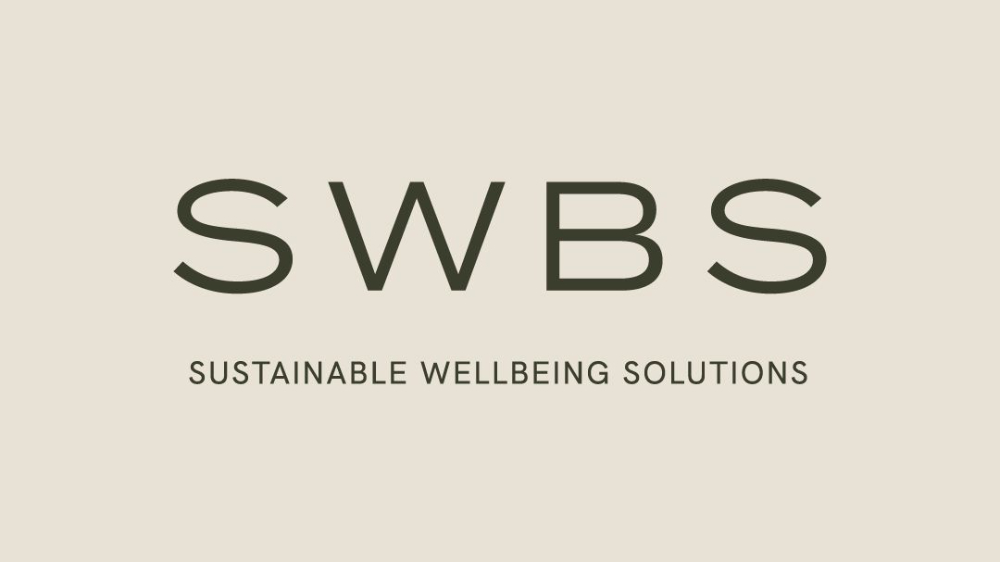
From personal recovery to organisational strategy
To navigate this challenge, HR can draw inspiration from psychology. Dr Edith Shiro’s five-stage model of post-traumatic growth – originally developed for individual recovery – offers a lens through which organisations can better understand the emotional trajectory of trauma.
This model is not designed as a leadership framework, but it can provide valuable insights into how people rebuild capacity, identity and resilience over time.
Each stage offers opportunities for HR to support recovery in a structured and sensitive way:
- Awareness – Radical acceptance: Leaders are trained to recognise emotional distress and create space for open conversations.
- Awakening – Safety and protection: HR cultivates environments where psychological safety is not only encouraged but expected.
- Becoming – A new narrative: Flexible roles and coaching help employees reframe their purpose and professional identity.
- Integration – Reconnection and belonging: Peer support and inclusion initiatives assist in rebuilding trust and team connection.
- Transformation – Growth and contribution: Employees who have processed trauma can become mentors or wellbeing ambassadors.
This phased understanding helps HR design support systems that align with where employees are in their recovery journey – without forcing a one-size-fits-all approach. Still, translating this understanding into systemic practice requires a concrete, operational framework.
Contact us to explore the coaching programs
